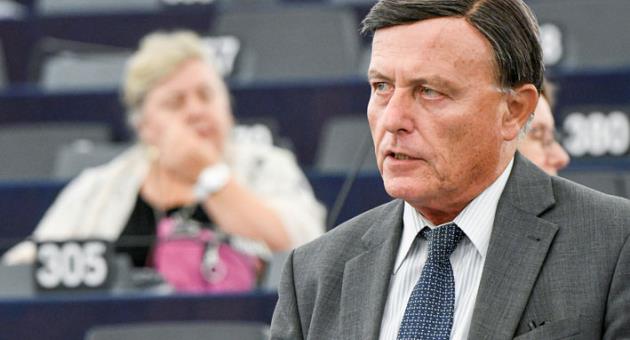The European Consortium responsible for the management of the European Union Prize for Literature has written to Labour member of the European Parliament Alfred Sant claiming that the ‘apolitical positioning of the prize was
indispensable’.
In the letter, the Consortium made up of the European Writers’ Council, the Federation of European Publishers and the European and International Booksellers Federation, admitted that the rule excluding writers from publishing houses with a political affiliation is not clearly stipulated in the rules of the prize.
Alfred Sant who submitted a parliamentary question to the European Commission on the matter earlier this month, was quick to respond to the Consortium saying that the decision made no sense because creative writers must be free to be whatever they want to be.
In the letter, the Head of Malta’s Labour Delegation in the European Parliament said the prize is intended to reward the literary promise and excellence of an emerging writer, understood in terms of the content he/she has published, not in terms of who he/she is published by.
“Using similar criteria, you could in the future disqualify writers whose publishers are affiliated to Churches, trade unions and so on. Indeed, I am really surprised that this position has been endorsed by the European Writers’
Council”, the letter stated.
Aleks Farrugia, the author of Għall-Glorja tal-Patrija’, a winner of the Malta Book Awards was arbitrarily disqualified from the prize on the basis that his present publisher SKS is affiliated to a political party.
Alfred Sant told the Consortium that he would pursue his efforts to get a clear position from the European Commission on this issue in line with European principles of fairness, transparency and artistic integrity.
The EU Prize for Literature is financed by the Creative Europe programme of the European Commission and is open to the 41 countries currently involved in the programme.
File photo: Alfred Sant










